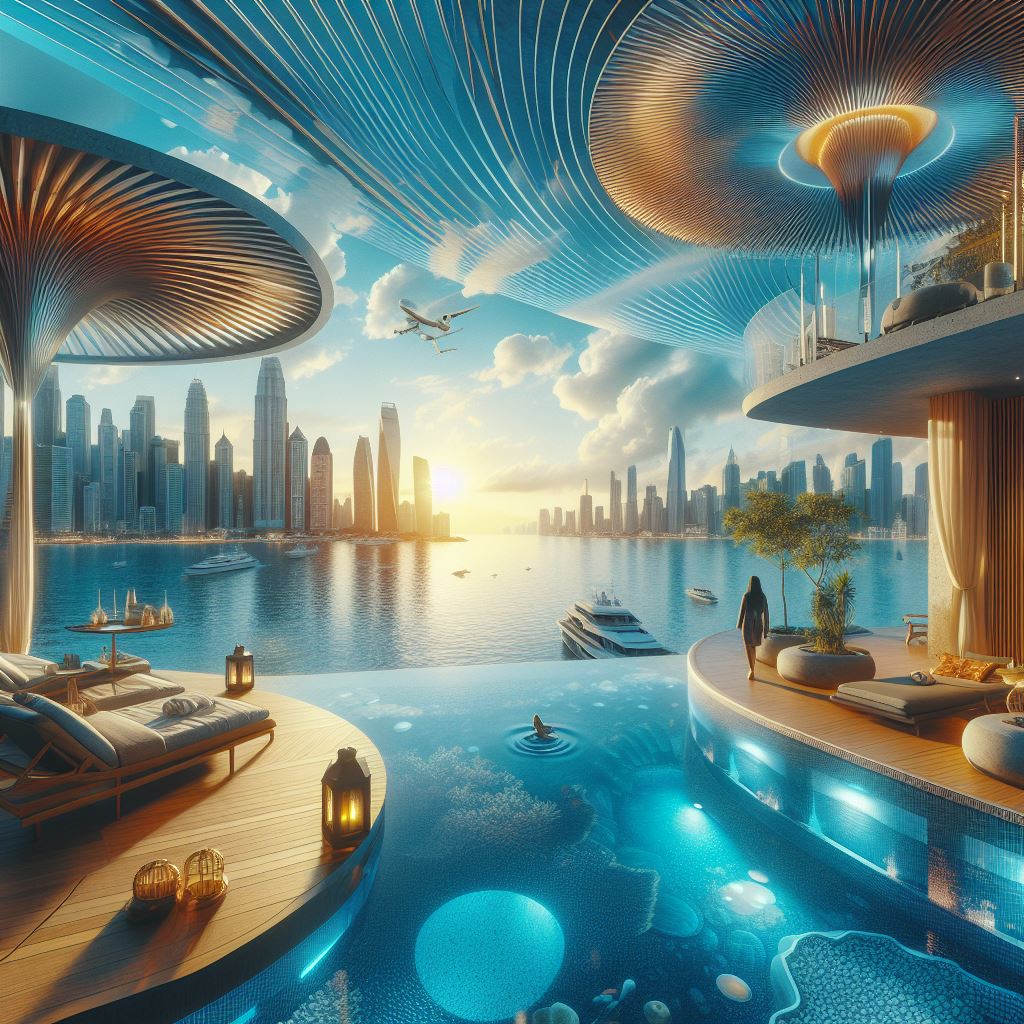When we think of luxury travel, our minds conjure up images of lavish destinations, accommodations, transportation, and experiences—all curated for the discerning traveler’s pleasure. From private villas and private islands to special chef-inspired menus and members-only offerings, luxury travel providers aim to present the best travel experiences money can buy.
Luxury Travel Is Bouncing Back
However you define it, luxury travel is big—and getting bigger. Market research surveys value the 2021 global luxury travel market at US$638 billion, with a projected Compound Annual Growth Rate (CAGR) of 8.9% through 2031. Another estimate pegs it at US$1.2 trillion, with a projected CAGR of 7.6% through 2030. The rising demand is likely driven by several factors:
- High-Net-Worth Travelers: High-net-worth travelers continue to seek unique vacation experiences. They are being joined by middle- and upper-middle-class buyers from around the world, particularly Asia.
- Pent-Up Demand: Fueled by years of pent-up demand, the luxury travel segment is quickly returning to pre-COVID-19 pandemic levels.
- Social Media Impact: Images of “Instagram-worthy” destinations are raising awareness of more remote locales.
Five Emerging Luxury Travel Trends
We’ve identified five noteworthy trends currently shaping luxury travel, and they have implications for the hospitality industry as a whole:
- Luxury Travel Advisers: In an age of DIY online research and booking, high-end travelers are turning the clock back. Luxury travel agents serve as one-stop curators of unique, hassle-free travel experiences. They can provide personalized luxury travel and practical advice, including travel restrictions and health guidelines.
- Digital Innovation: Luxury travelers prefer the integration of digital and mobile tech at each step of their journey. Innovations include Virtual Reality experience previews and mobile control of IoT-enabled in-room preferences.
- Ecosystem Collaboration: Luxury travel brands should collaborate with other players in the ecosystem, such as airlines, tour operators, and local businesses. Seamless experiences across different touchpoints enhance customer satisfaction.








